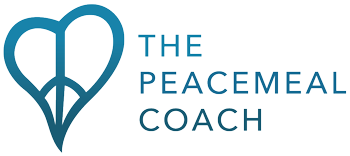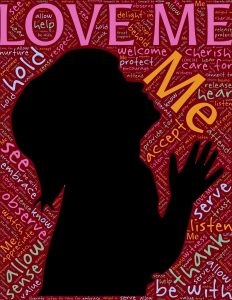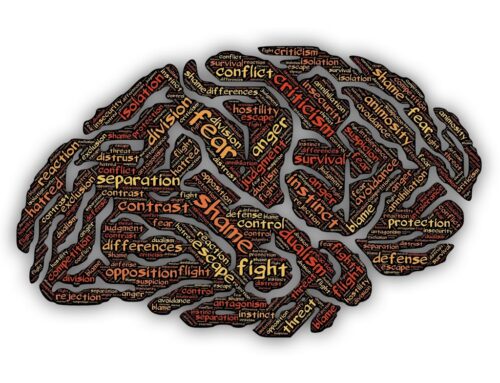I was overweight as a child. I still remember what it was like being the fat girl. And for a while after losing weight, even when I was the thinnest I had ever been, I didn’t realize how thin I was.
In high school, I reached my goal weight that was set according to my height when I first started to lose weight. Had I remained the same height, then my goal weight would have been a healthy one. I now understand that when you have a growth spurt at the same time that you are working toward a weight loss goal, a new goal weight should be established. I grew over three inches taller during the many months it took me to lose twenty-five pounds. I ended up much thinner than originally intended, and I got a lot of confusing feedback.
I was treated differently by everyone because suddenly I was the thinnest girl in high school. My friends told me I was anorexic. I wonder how close I was to it now that I know how big of a part genetics plays in development of eating disorders and how an energy imbalance in the body can be a trigger for anorexia. I was a competitive swimmer and I was at a low body weight, so now I count myself lucky that I was spared what my daughter has had to experience. I had some body dysmorphia, a history of being overweight, body image concerns, and fear of gaining the weight back I had lost, but I did not have anorexia.
Once a week, our high school swim coach weighed us in front of our teammates and recorded our weights. I was one of the few girls on the team that was not told to watch what I was eating. I wasn’t told to gain weight either, although as my weight continued to go down, some of my fellow swimmers expressed concern. I was secretly proud of my achievement, which I now know is very anorexic thinking. I never got to the point where I stopped eating, or I cut out entire food groups. I just stayed on a weight loss eating plan for too long until I learned how to add more food daily and maintain my weight. I didn’t know it at the time, but I may have been dangerously close to a full- blown eating disorder.
After growing up feeling so bad about myself because of my struggle with my weight, being encouraged to go on diets at a young age, being told not to eat the goodies that both of my thinner sisters were eating, being in a home where both of my parents were very weight conscious, I decided that when I had kids, I would not talk about weight or being fat. I was so proud of myself for modeling a healthy lifestyle and for emphasizing my kids’ abilities instead of their appearances.
Because I thought that protecting her from the external messages I received about my weight growing up would keep her from struggling with weight issues like I did, I was shocked when my daughter became anorexic.
I always thought that most of my issues with my weight grew out of my environment as an overweight child. Now I know how genetic disordered eating is. Science is proving it. My daughter’s brain, because of its genetic predisposition, became anorexic without significant environmental messages that she was fat, that she’d always have to watch her weight, or that being thin was more important than being healthy. She was already susceptible by biology alone. My efforts to make sure she felt good about herself for reasons other than her weight, were not enough to save her from anorexia.
Not that long ago, parents were blamed for their children’s eating disorders. I know that I had nothing to do with her becoming sick other than giving her half of her genetic makeup. I know I did not cause her anorexia. My parents are not to blame for the issues I had with my weight either. Anorexia is not anyone’s fault. It just is. I also know that she did not choose anorexia. The more I learn about anorexia and it’s risk factors, the more I am coming to believe that anorexia chose her.
I don’t blame ballet for her eating disorder either. Growing up in a competitive and body conscious sport like ballet doesn’t do anything to help the already genetically predisposed child. Being a ballerina puts the very high-achieving, competitive perfectionist at even greater risk, but it doesn’t cause eating disorders.
Research hasn’t gotten far enough to tell us whether anorexia is preventable or whether it is inevitable, but it has shown that parents are influential in recovery. We are not to blame, and we can help her.
If you are interested in learning how you can positively influence your daughter’s recovery, email me at jenni@peacemealcoach.com to schedule a free 20-minute mini coaching session.






